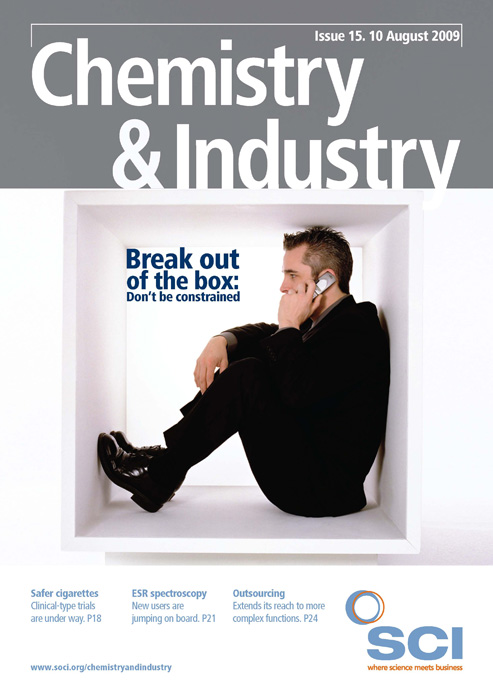Japanese scientists have grown ‘fully
functional’ teeth in mice that should
perform just as well as the originals
they replaced. Two years ago, the
researchers reported replacing teeth
in mice with teeth grown from
single cells in a Petri dish in the
laboratory. However, this is the first
time that the teeth have been found
to be fully functional, with similar
hardness for chewing and biting and
a similar nervous sensitivity as seen
in normal teeth – both prerequisites
if the approach is to be developed
as a therapy to replace diseased or
damaged teeth (PNAS doi 10.1073/
pnas.0902944106).
‘[This work] will not only promote
“tooth regenerative therapy”,
whereby organ germs of
bioengineered teeth are transplanted
into the jawbone to grow third
generation teeth, but is expected to evolve into a variety of organ
regenerative technologies for liver,
kidneys and other organs,’ according
to lead researcher Takashi Tsuji at
Tokyo University of Science.
Tsuji and colleagues grew the
new teeth from mesenchymal
and epithelial cells that naturally
develop into teeth. The two cell
types were injected into a drop of
protein collagen, found in healthy
body tissues, and were transformed
into a budding tooth or germ cell,
ready for transplantation. Tests of
the fully grown teeth in the current
paper revealed that tooth hardness
– of both enamel and dentine – was
equivalent to that of normal teeth.
The researchers expect the
work to make a ‘substantial
contribution’ to the development of
bioengineering technology for future
organ replacement therapy.





